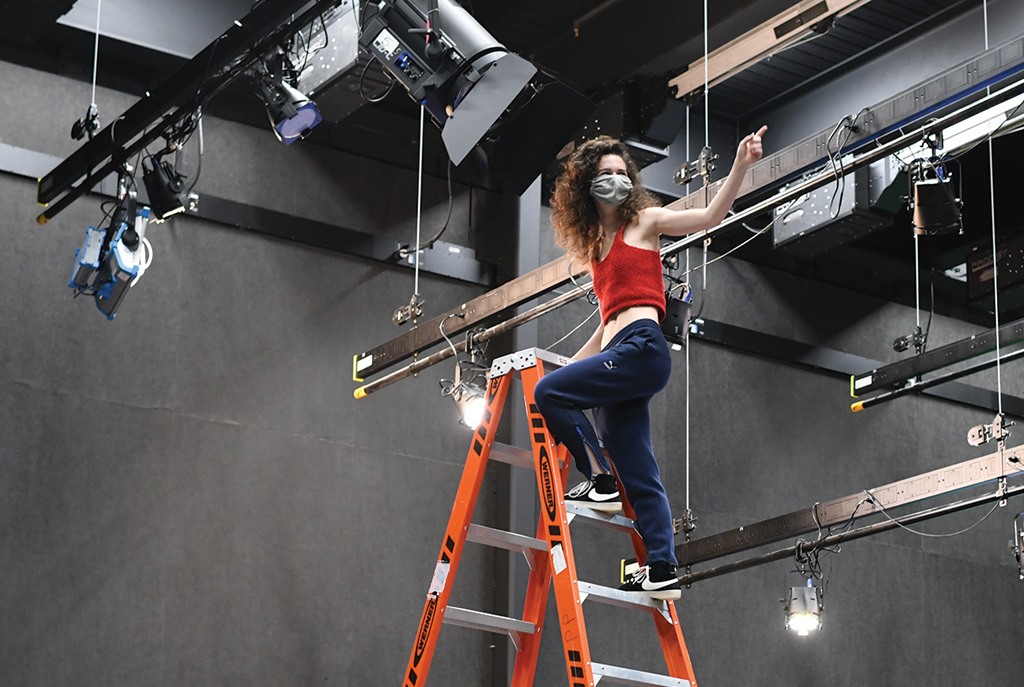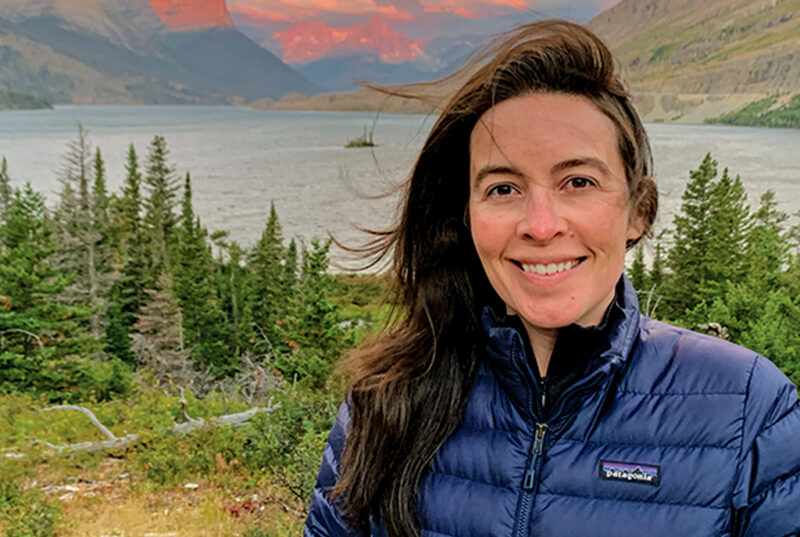President’s Letter: Thinking Beyond the Pandemic
I write this column as we approach the last week of fall semester classes. What a term it has been! We arrived in Middletown in late summer as the Delta variant was surging in different parts of the country, and although we had our vaccinations and testing, we were fearful that our lives would once again be turned upside down by the pandemic.
So, we took precautions that would keep us safe enough while allowing for almost normal campus activities. It has worked! With our frequent testing, wearing masks indoors, eating outside whenever possible, and exercising commonsense hygiene, we have been able to have a semester filled with learning in and outside of the classroom. I’ve looked forward to seeing my students each week in class, and they’ve seemed engaged, hard-working, and creative. The Wesleyan Student Assembly has been thoughtful in advocating for campus needs, both short-term and long-term. Athletes had impressive fall seasons, as had theater people and musicians. The women’s soccer team’s magical season leading to the NCAA Final Four deserves special mention. The tents and outdoor dining options have been filled with smiling Wesleyans making the most of their time here. Never were we happier to be together in Middletown!
Still, I have the pandemic jitters. After all, close to 800,000 Americans have died from COVID-19, and infection levels are rising with the cold weather and new variants. If we maintain our vigilance, though, if we continue to take care of one another, we can live with the virus without being dominated by it. This means thinking beyond the pandemic, even while we are in it. Indeed, at the urging of the Board of Trustees, I have focused a good deal of energy on preparing for the next decade at Wesleyan. You’ll be hearing more about our strategic plan in subsequent issues of this magazine, but it is an ambitious set of priorities clustered around the overarching goals that have guided our work throughout my tenure as president: energizing the distinctive Wesleyan educational experience; enhancing recognition of the University; and strengthening a sustainable economic model while making Wesleyan more affordable. I look forward to working together on new interdisciplinary programs, enhanced scholarship initiatives, and on expanding our educational impact through online classes.
If we maintain our vigilance, though, if we continue to take care of one another, we can live with the virus without being dominated by it. This means thinking beyond the pandemic, even while we are in it.
Over almost two centuries, Wesleyan has striven to offer students an increasingly expansive liberal education that prepares them to thrive as individuals and to make positive contributions to the world. We aim to build on this history by becoming even bolder and more rigorous, by emphasizing the combination of skillful practices and independence of spirit that characterizes so many of our graduates.
I am deeply grateful to everyone on campus for their efforts—from food workers who make sure students in isolation are well-fed, to faculty and staff who go the extra mile to ensure that everyone has opportunities to thrive. I am filled with thanks for our Wesleyan students who have more than managed through this crisis—they have found creative, sometimes joyful ways of making this semester work despite the pandemic.
As I begin to travel again, I am so proud to hear how people are thinking of Wesleyan—whether they have some personal connection to us, want to attend, or are just interested in higher education. Wesleyan has long stood for something admirable in American higher education, and as we work through the next decade, we can build on our strengths so that our reputation, our impact, and the value of our diploma become ever more evident.


